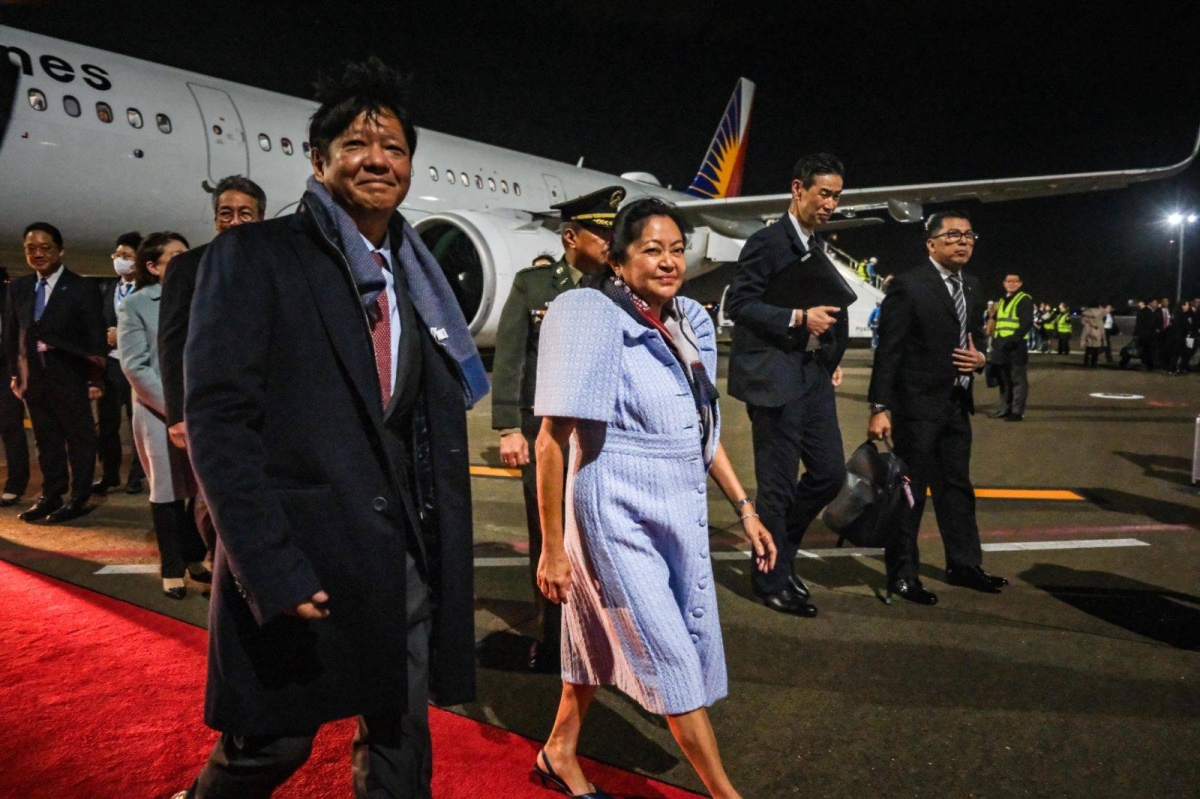(UPDATE) President Ferdinand Marcos Jr. is set to sign the proposed budget into law on Wednesday. During the commemorative summit in Tokyo, the President expressed his satisfaction with the budget’s outcome, stating that he was “fairly comfortable with the way the budget has turned out.”
He emphasized the need to address the differential between the actual appropriated funds and the unappropriated funds that have been allocated by the House and Senate. This will require some adjustments throughout the year to ensure proper coverage.
Speaker Ferdinand Martin Romualdez expressed confidence that the President will not reject or veto any provision of the budget. He explained that they have adhered to the established parameters and have worked closely with the Office of the President and all departments involved.
On Monday, Congress ratified the bicameral conference report on the proposed 2024 General Appropriations Bill (GAB). The proposed budget amounts to 21.7 percent of the country’s gross domestic product, representing a 9.5 percent increase from the previous year’s budget of P5.268 trillion.
Furthermore, Romualdez reassured the public that the proposed P5.768 trillion 2024 national budget includes funds for the robust defense of the West Philippine Sea (WPS). In line with the President’s commitment to a vigorous defense of the area, the Coast Guard has been allocated a larger portion of the budget.
It is crucial to understand the significance of this budget and its implications for the country. The proposed budget is a reflection of the government’s priorities and allocations for various sectors. It plays a vital role in shaping the nation’s economic growth, social development, and defense capabilities.
The President’s satisfaction with the budget’s outcome indicates that it aligns with the administration’s vision and goals. This sentiment is further reinforced by Speaker Romualdez’s confidence in the budget’s provisions, highlighting the extensive collaboration between different branches of government.
The ratification of the bicameral conference report on the proposed budget signifies an important milestone in the legislative process. This report represents the culmination of discussions and negotiations between the House of Representatives and the Senate, ensuring that both chambers are in agreement regarding the budget’s content.
The proposed budget’s size, equivalent to 21.7 percent of the gross domestic product, reflects the government’s commitment to addressing the country’s needs and promoting economic growth. The 9.5 percent increase from the previous year’s budget demonstrates the government’s dedication to enhancing public services, infrastructure development, and other key areas.
Moreover, the allocation of funds for the robust defense of the West Philippine Sea highlights the government’s commitment to safeguarding the country’s territorial integrity. The President’s vow to pursue a vigorous defense strategy in the area is reflected in the increased allocation for the Coast Guard.
As the proposed budget is signed into law, it is essential for the public to remain informed about its implementation and impact. The budget’s successful passage signifies the government’s commitment to fulfilling its promises and addressing the nation’s pressing needs.
By allocating funds to various sectors, the government aims to stimulate economic growth, enhance public services, and ensure the country’s security. The budget’s provisions will directly affect the lives of Filipino citizens, making it crucial for the public to understand its implications.
With the President’s endorsement and the support of both chambers of Congress, the proposed budget is positioned to facilitate the government’s efforts in achieving its goals. As the year progresses, it will be important to monitor the budget’s execution and assess its impact on the country’s development.
In conclusion, President Ferdinand Marcos Jr.’s imminent signing of the proposed budget into law marks a significant step in the country’s governance. The budget’s provisions reflect the government’s priorities, including defense of the West Philippine Sea, economic growth, and social development. As the budget takes effect, it is crucial for the public to stay informed and engaged in order to ensure transparency and accountability in its implementation.







